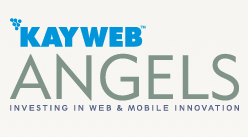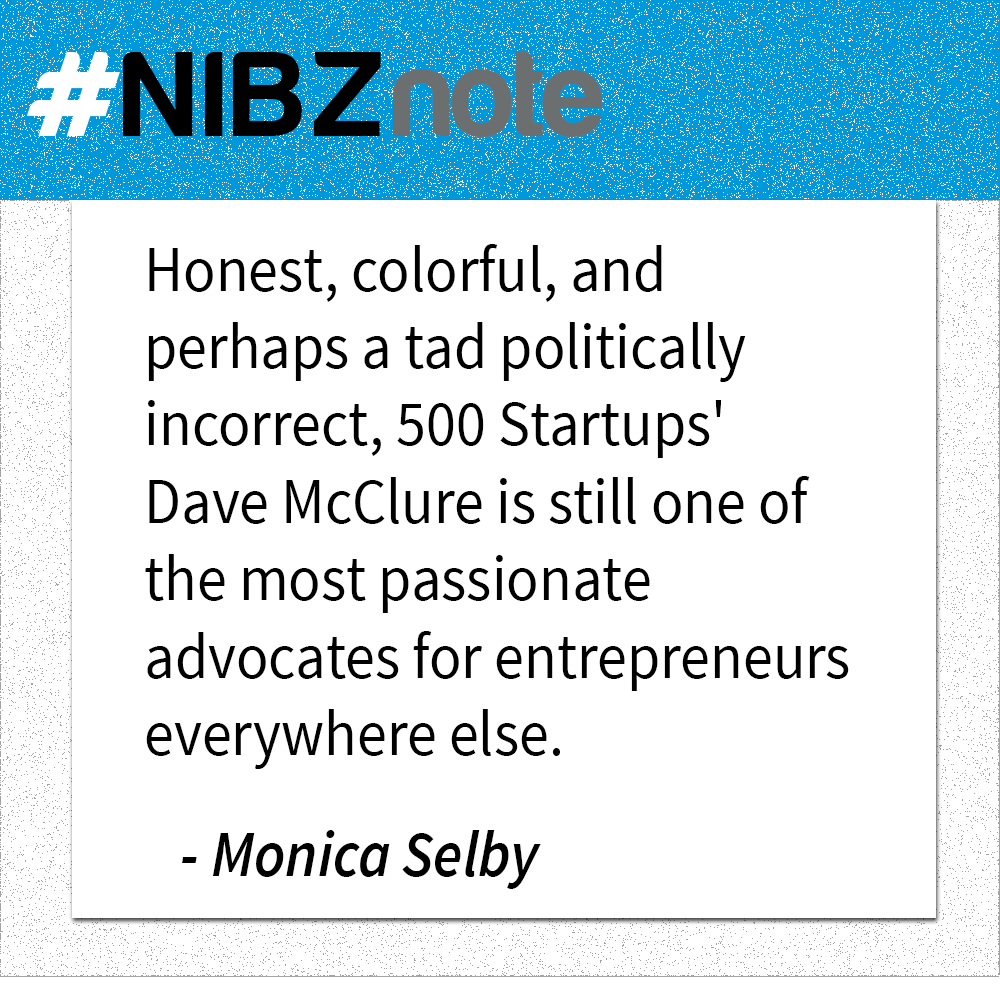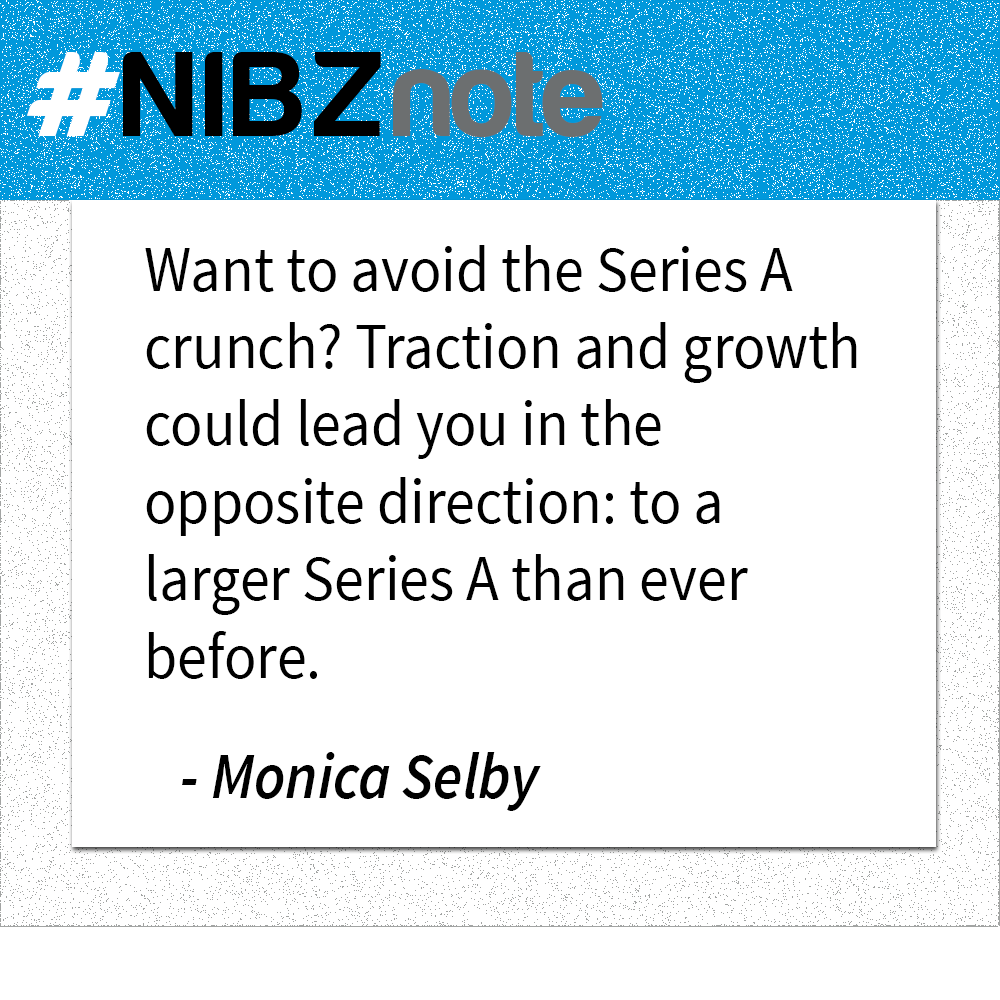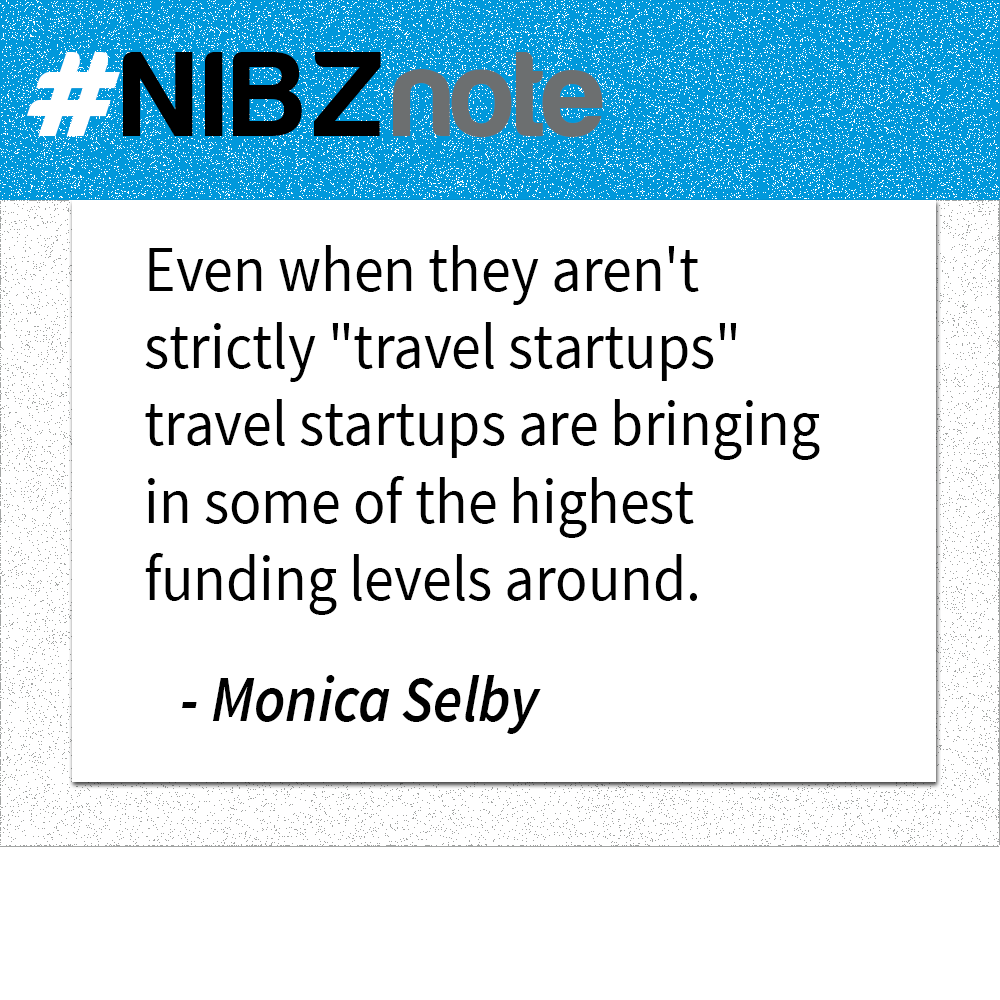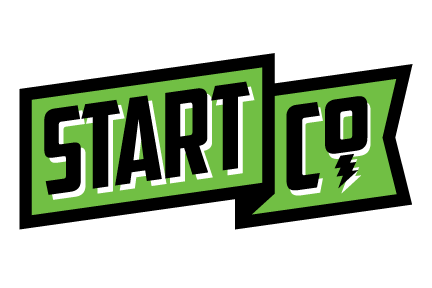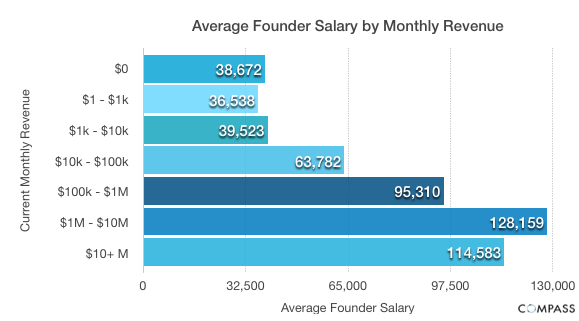Here are Nibletz, where it’s our job to know what’s going on, we spend a lot of time reading. A lot.
We hit all the normal spots, just like you do. Fred Wilson, Brad Feld, and the Andreesen Horowitz crew are all in our feed readers. But, we’ve also found some fantastic VC and founder blogs that don’t get shared quite as often or have growing audiences. These are smart people who have won and lost in the startup game and have lots of wisdom to share with the rest of us.
In compiling this list, we included blogs that update regularly and that have a unique perspective or a wide range of experience. We didn’t include company blogs or VC firm blogs, though they can also be great sources of startup knowledge.
So, what do you think? Do you have these 25 blogs in your feed reader?
Investor Blogs
- Above the Crowd–Bill Gurley has been a GP at Benchmark for more than 10 years. He’s been a design engineer, a Wall Street analyst, and a VC. So, he’s seen a lot. His most recent post On Bubbles is a must read for anyone trying to understand the current climate.
- Instigator Blog–Ben Yoskovitz is a serial entrepreneur and angel investor. His recent post Startup Founders: Why Do You Care About What You’re Doing? should be a wake up call to entrepreneurs struggling with the daily grind.
- Passionate Intensity–Kirill Sheynkman has founded 3 companies and been a partner at 2 venture firms. His recent Be a Deckless Wonder flies in the face of all we hold dear about pitching investors. “This year, I will not let companies show their coveted pitch deck at our first meeting. We will talk, like humans..”
- Rob Go–All of the blogs at NextView Ventures are worth plopping into your feed. Rob’s recent post on Seed Round Dynamics sheds light on the process of raising a small seed round. (Ok, obviously. But, it’s a great read.)
- Progress Report–The blog of the Collaborative Fund shares the collective wisdom of all the managing partners. Only Good News is…Bad News reminds founders and investors to share the whole truth with shareholders.
- Uncrunched–Techcrunch founder Michael Arrington is never shy, and he’s been around long enough to call it like it is. This old post Startups Are Hard. So Work More, Cry Less, and Quit All the Whining will kick your butt.
- This is Going to Be Big–Charlie O’Donnell is a partner at Brooklyn Bridge Ventures, with previous experience at First Round Capital. He recently wrote an awesome post on The Rules of Inclusion.
- Continuations–Union Square Ventures partner Albert Wenger has plenty of experience in the VC world. He and his wife, startup founder Susan Danzinger, also homeschool their 3 kids. His talk on The Big Questions About the Future is worth watching.
- Adventures in Capitalism–Like a lot of these, Chris Yeh could fit into an investor or founder category. Many years in the startup world has taught him a lot. Don’t Stay Hungry is so common sensical, and yet many lifetime founders forget the lesson.
- BZNotes–Bilal Zuberi has some serious academic chops, with a Ph.D in Physical Chemistry. He’s currently a partner at Lux Capital. His post Capital intensity and cost of capital for “big idea” startups shines a great light on what it takes to build the new technologies.
- Hunter Walk–Former Googler Hunter Walk just finished his first year as the partner of Homebrew. “Never Heard of It,Must Not Be Big” Has Never Been More Wrong is a great testimony to how fast things move these days.
- Dave Lerner–Dave is an entrepreneur and angel investor. His current project Startup Genome is mapping the startup world. This post on venture capital disruption forecasts changes in the VC indstury.
- Haywire–Semil Shah is another entrepreneur/investor combo. Like the rest of us, he’s wondering what’ll happen with Facebook’s new app Paper. He talks about it in Unpacking Facebook’s Mobile Strategy.
- Life in Beta–Being a venture capitalist and a marketing/economics nerd, Adam D’Augelli has a great background to manage the blog lifeinbeta.org. Here you can read about what the market will look like in 2014 or you can see what races Adam will be participating in. Go checkout his Themes to Watch in 2014.
- Tomasz Tunguz–While he’s not looking for the newest company to invest in at Redpoint Ventures, Tunguz’ blog covers everything from startup management, SaaS, and content marketing. You can check out his most recent post here: Do Larger Seed Rounds Lead to Bigger Series As?
Founder Blogs
- Ma.tt–Matt Mullenwag’s resume isn’t that impressive really. He’s just the founder of Automattic, the company behind WordPress, Gravatar, Akismet, and others. His post The Four Freedoms is an awesome defense for free (as in speech) software.
- Only Once–Matt Blumberg is the founder of Return Path and the author of Startup CEO. His blog title comes from an old Fred Wilson post about only being a first time CEO once. Check out his post on sabbaticals for a healthy look at work/life balance.
- Justin Jackson–Justin is a product manager and host of the Product People podcast. His post on This is Real Life will remind you that everyone–yes, everyone–has real stuff going on behind that avatar.
- Ryan Hoover–Ryan is the guy behind the newest craze, Product Hunt. His post Nostalgia: A Product Designer’s Secret Weapon is brilliant.
- Alex’s Tech Thoughts–Alex Taub recently started adtech company Modern Mast, but he has lots of experience in the startup world working at companies like Dwolla and Aviary. The Worst Thing You Can Do as a Founder is so true it hurts a little.
- Ben Milne–Ben is the founder of Dwolla, in case you’ve been under a rock. The recent 2013. Hard Lessons Learned post will have you nodding and sighing a little.
- Making New Mistakes–Adii Pienaar is the founder and ex-CEO of WooThemes and the currently paused PublicBeta. He has so many good posts, but Startups are Getting Easier. Entrepreneurship Isn’t is a must read.
- Matt Mireles–Matt Mireles is the CEO/Founder of Buttr a peer to peer grocery shopping service and has experience in cofounding SpeakerText and Humanoid which were both acquired by Cloud Factory. His story about negotiations will have you shaking your head in disbelief.
- The Startup Toolkit–Rob Fitzpatrick proudly states that he has been bankrupt twice in his quest to build a startup. He resides in Barcelona where he helps European accelerators design better startup education programs. He admonishes the startup world to Ignore posterity; build features.
- Marc Barros–Marc is an entrepreneur and creator. His post from last November When I Got Fired From My Own Company is a wake up call to all entrepreneurs.





